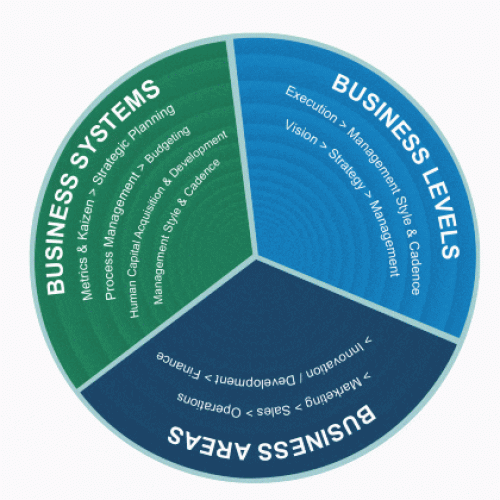“The greatest danger in times of turbulence is not the turbulence—it is to act with yesterday’s logic.” – Peter Drucker
Recent incidents have shed light on the potential for directors to personally bear the costs of corporate misconduct that happens under their watch. Cases involving Enron, WorldCom, and Walt Disney have raised the question of director accountability, possibly leading to a shift in the way directors are held responsible for their actions.
“Success is not final; failure is not fatal. It is the courage to continue that counts.” – Winston Churchill
The landscape of corporate boards is changing, with increased scrutiny and accountability. The traditional role of director, which once entailed attending meetings and collecting rewards, has shifted. The introduction of the Sarbanes-Oxley law, demanding greater transparency, has heightened risks and potential legal expenses for directors.
This change could discourage potential directors, making it harder to recruit skilled individuals who can contribute effectively to a company’s growth and scaling efforts. It’s essential to reassess the balance between risks and benefits to ensure a robust corporate governance system.
“The only thing that is constant is change.” – Heraclitus
The essence of corporate boards lies in their duty to safeguard shareholders’ interests. Acting as proxies, directors appoint a CEO to manage the company on their behalf. However, this structure has sometimes led to “agency costs,” where the interests of management diverge from those of shareholders, resulting in excessive expenditures and mismanagement.
“If you do not change direction, you may end up where you are heading.” – Lao Tzu
Corporate directors can be broadly categorized into two groups: majority share and minority share directors. Majority share directors hold substantial equity and are more closely aligned with the company’s performance. Minority Share directors, often appointed by the CEO, can sometimes be disconnected from core business decisions due to their limited stakes.
“The best way to predict the future is to create it.” – Peter Drucker
The crucial question arises: How can we improve the directorship system to enhance accountability and shareholder value? One option is to reimagine directors as representatives of their own interests, aligning with shareholders. This approach emphasizes that directors should be major shareholders who have a significant financial stake in the company.
“The only thing that stands between a person and what they want in life is the will to try it and the faith to believe it’s possible.” – Rich DeVos

Growth & Scaling Workshop Series for $1M+ Company CEOs – Learn How the Top 5% of Entrepreneurs Succeed at Influencing $10M, $50M and $100M+ When Only 1 in 400 Companies Reaches $10M in Sales, and 1 in 6,300 Reach $100M
Another alternative is the introduction of professional directors, individuals with extensive business knowledge and experience. These dedicated professionals would serve on a limited number of boards, allowing them to engage deeply in a company’s decisions. A unique compensation model, funded by a shareholder insurance pool, could incentivize these directors to prioritize long-term shareholder value.
“The best way to predict your future is to create it.” – Abraham Lincoln
In conclusion, the evolving landscape of corporate governance demands a fresh perspective on director roles. The convergence of accountability, shareholder interests, and effective decision-making is essential for sustainable growth. While no perfect solution exists, it’s evident that change is overdue. Directors, shareholders, and stakeholders must collaboratively shape a governance framework that nurtures corporate prosperity and responsibility.











